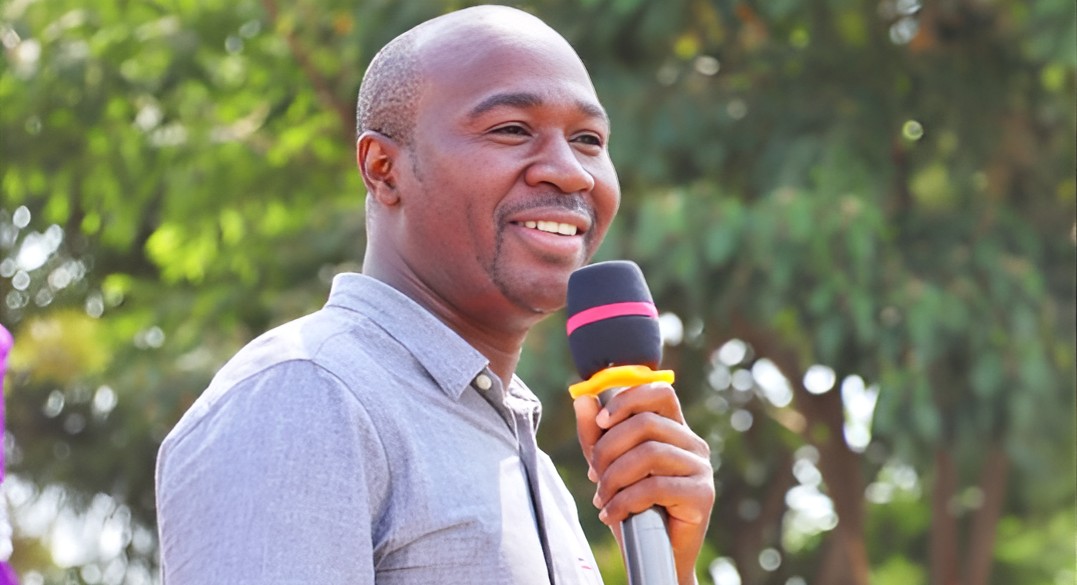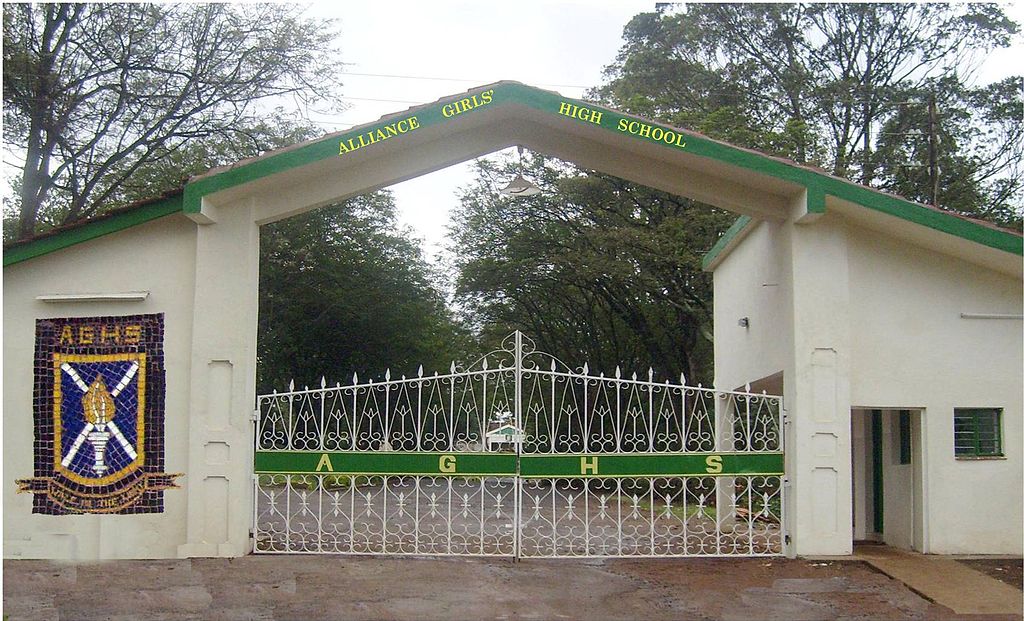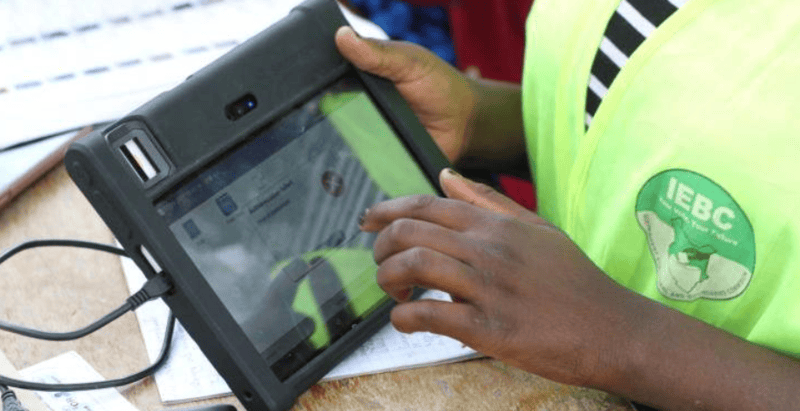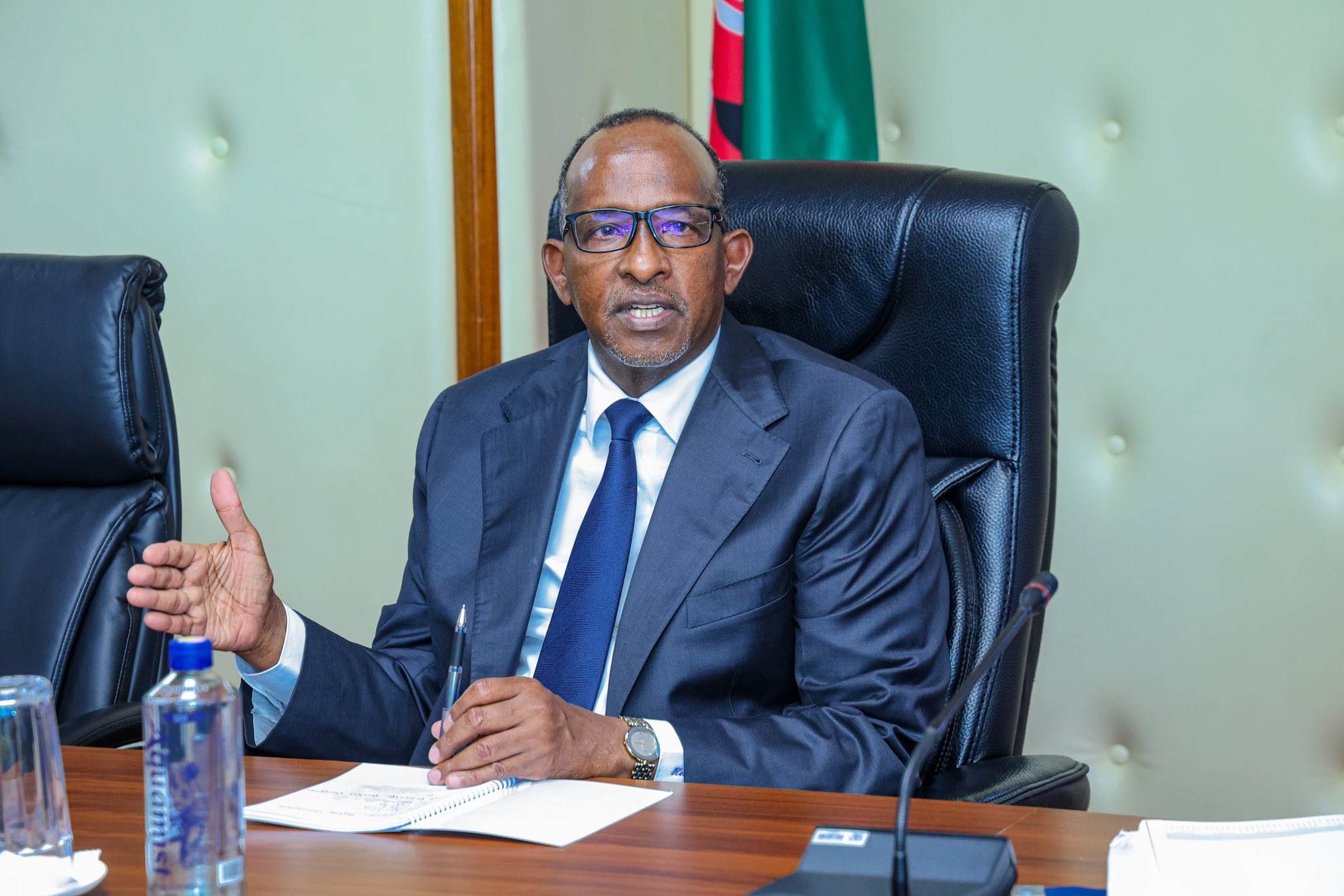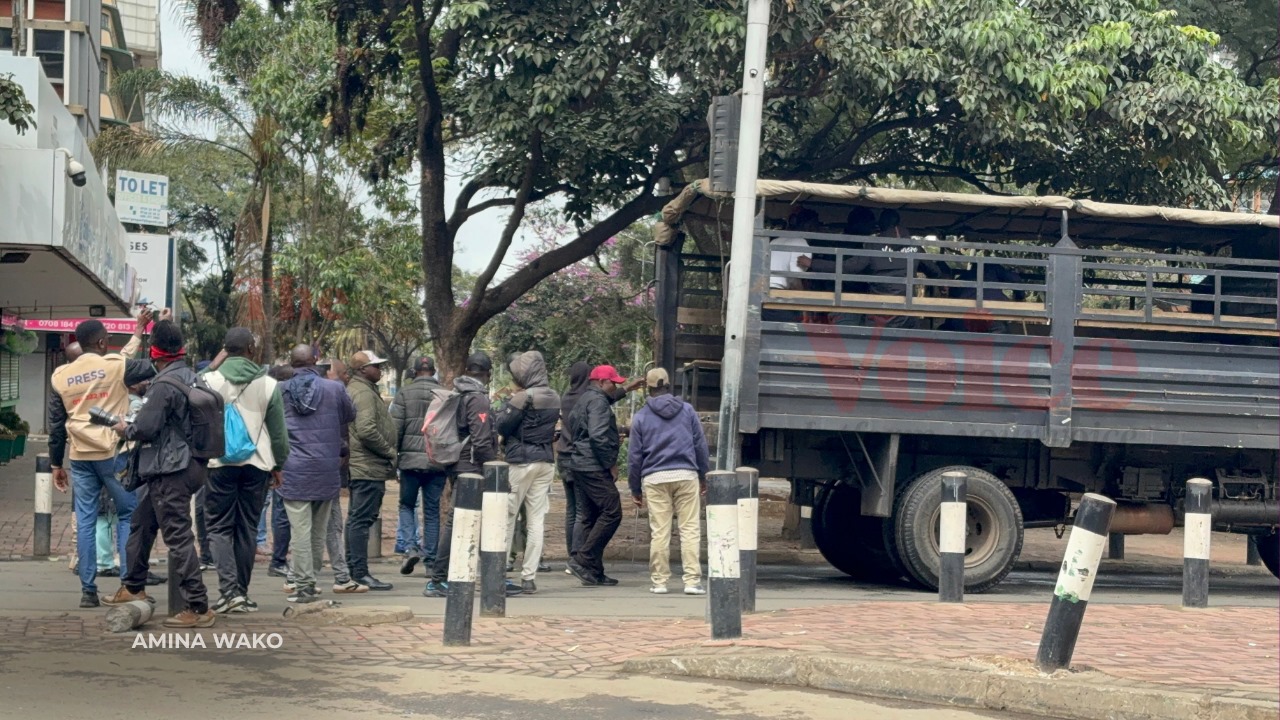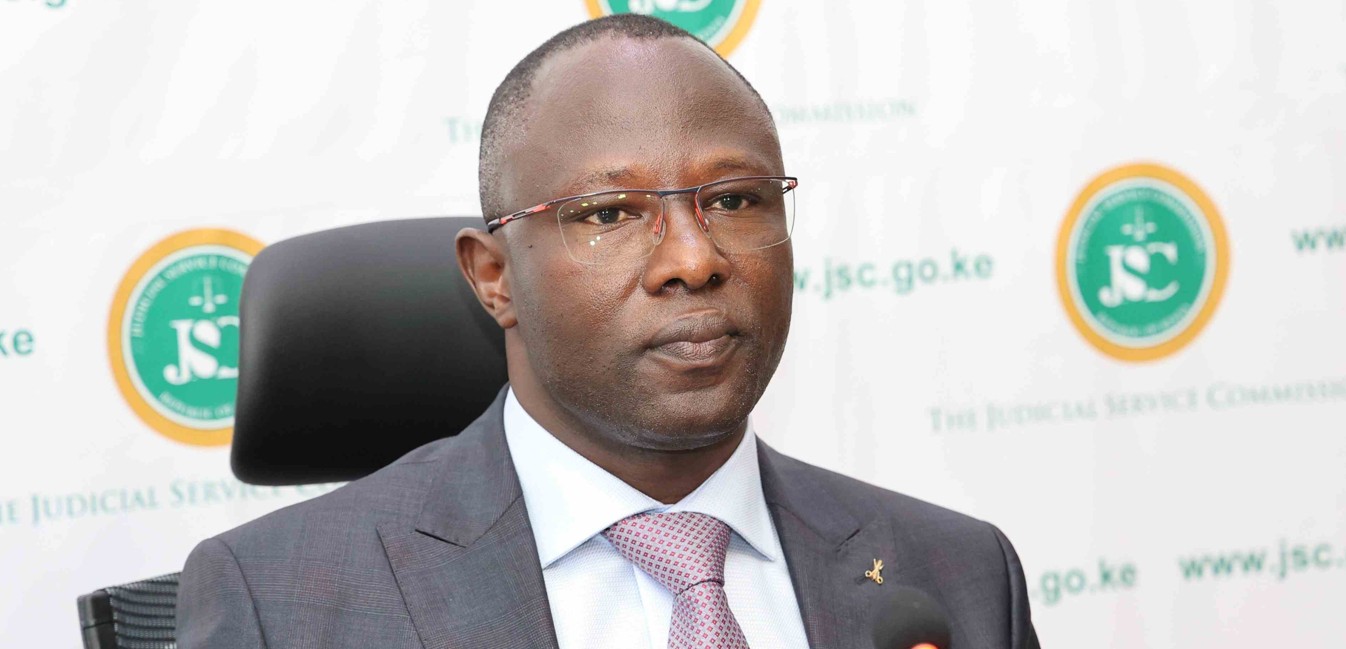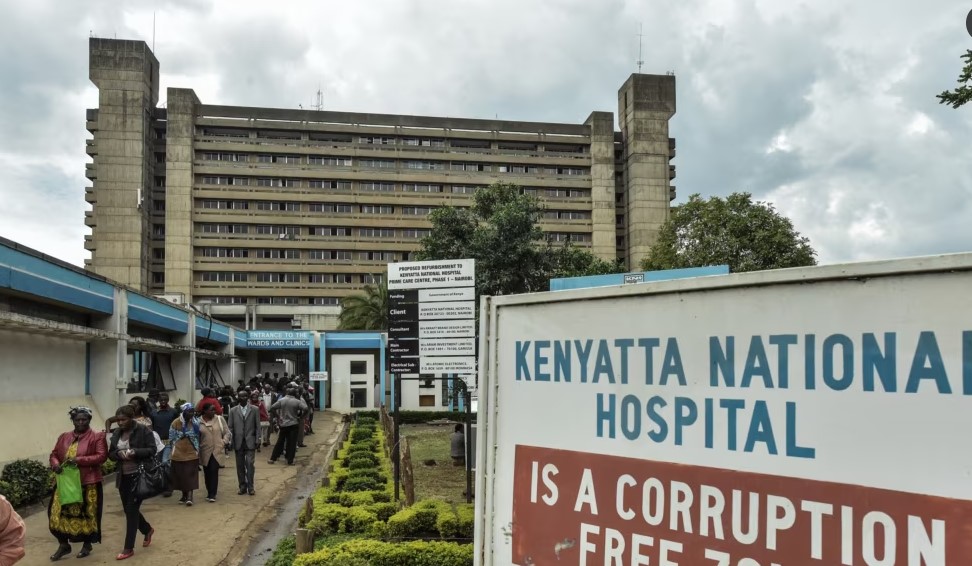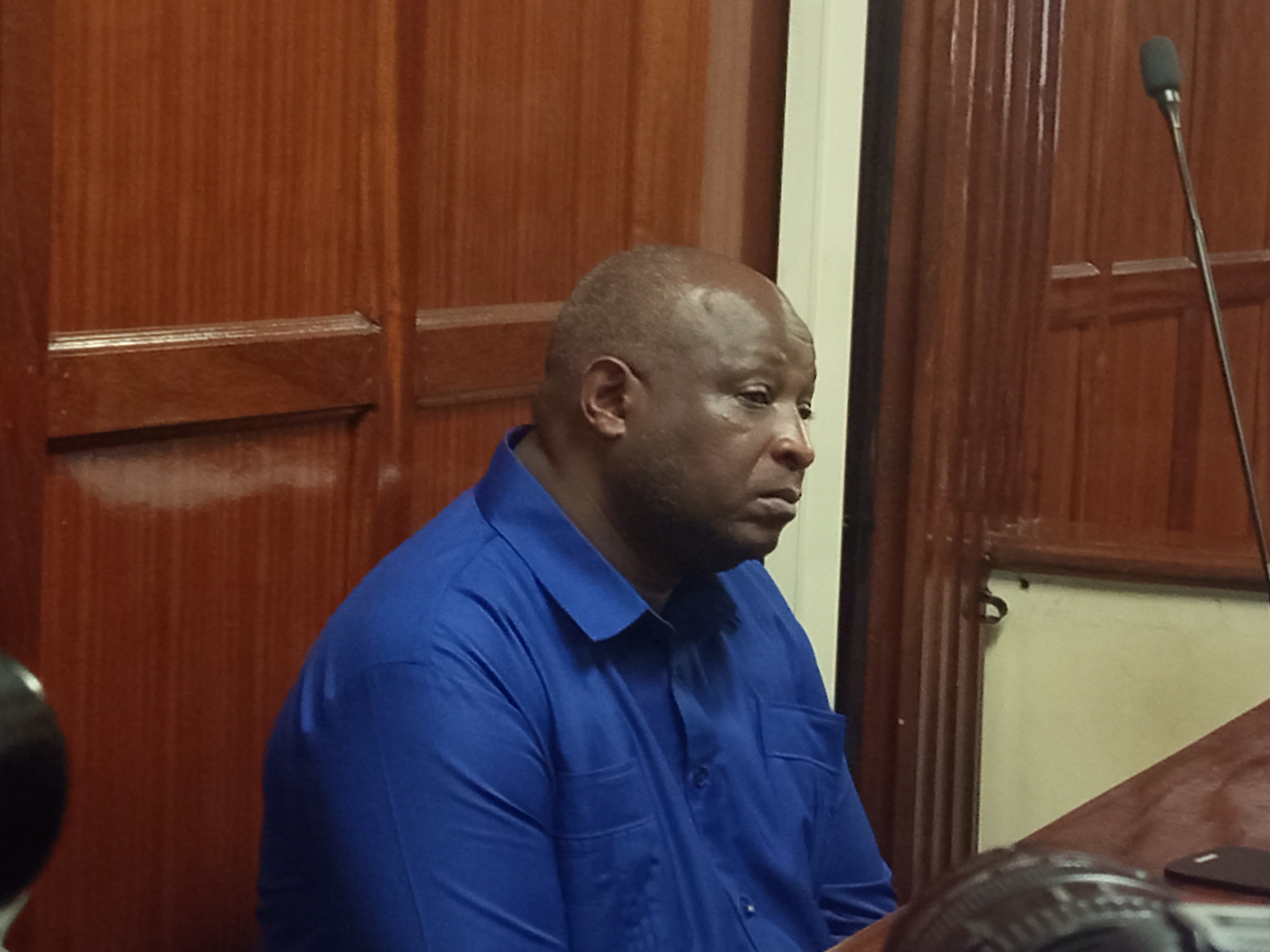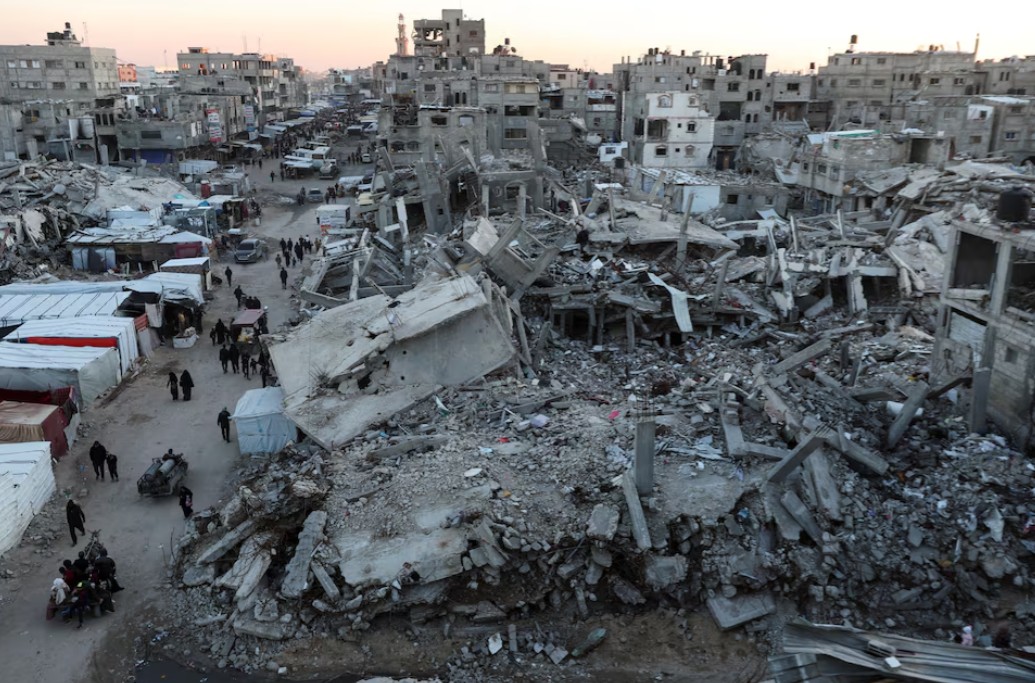Matatu industry reels from Sh800 million loss as Saba Saba protests halt public transport
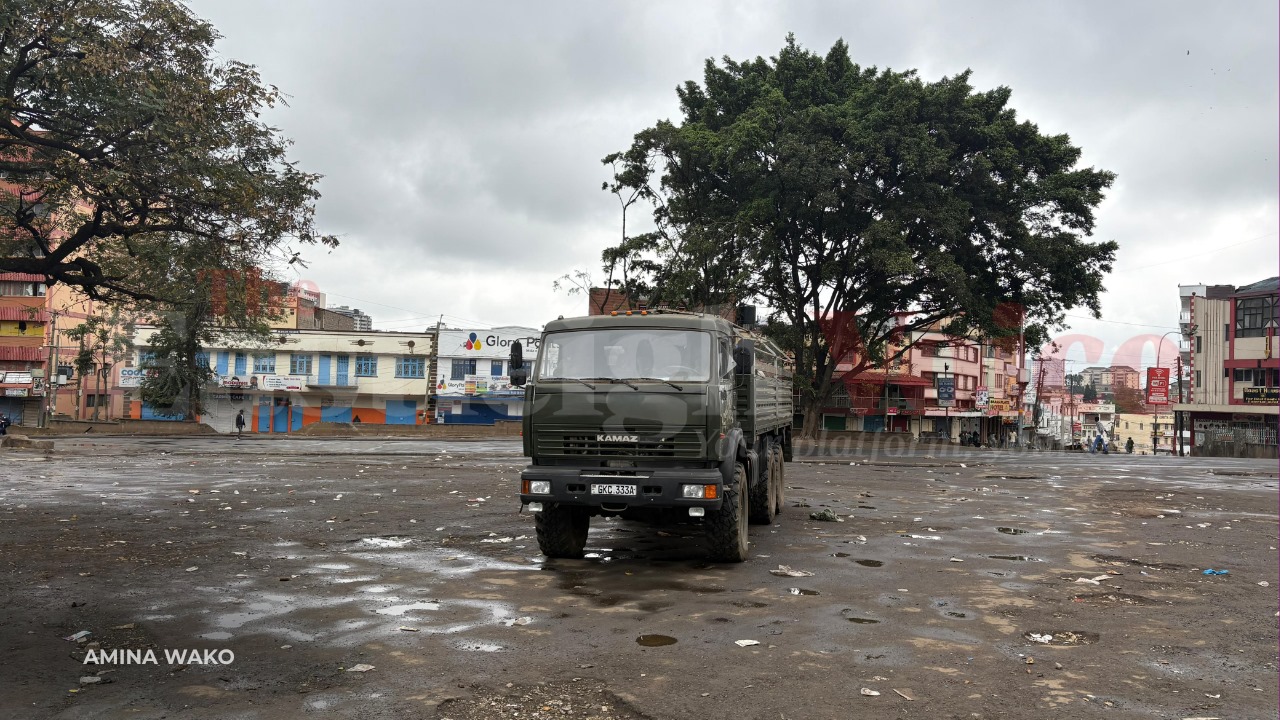
Thousands of commuters who rely on matatus to get to work, appointments, or hospitals were left stranded.
What many expected to be an ordinary workday turned into a chaotic and costly disruption for commuters and transport operators across Kenya, as Saba Saba protests brought public transport to a near standstill.
In what matatu operators described as an unprecedented loss, the industry recorded an estimated Sh800 million loss in just one day.
More To Read
- Manyatta MP Gitonga Mukunji says arrest was politically motivated as Embu erupts in protest
- UN raises alarm over Kenya’s use of lethal force during Saba Saba demos, urges accountability
- Vocal Africa accuses Murkomen of sanctioning lethal force as Saba Saba death toll rises
- Saba Saba tragedy: 12-year-old Bridgit Njok killed by stray bullet while watching TV
- NCIC blames youth exclusion, poor leadership for deadly Gen Z protests, urges national dialogue
- Grief at City Mortuary as families identify Saba Saba protest victims
Thousands of commuters who rely on matatus to get to work, appointments, or hospitals were left stranded.
Some walked long distances, while others abandoned plans altogether.
This came after police sealed off key roads leading into major towns and cities, including Nairobi, in a bid to prevent protesters from accessing central business areas.
In Nairobi, police roadblocks were mounted unusually far from the city centre. The move, operators say, not only frustrated commuters but also made it impossible for them to run their daily routes.
“We didn’t expect that the government is going to block the roads because we had been assured that Saba Saba will be just a normal working day. We woke up expecting to work as usual,” said Wilfred Bosire, Secretary General of Mass Mobility Operators as reported by the Standard.
He said the matatu sector, which handles millions of Kenyans daily, incurred one of its worst losses in recent history.
“The sector alone is a multi-billion business. We incurred losses of between Sh800 million to Sh1 billion. We have had demonstrations before and it had not reached a point that we were unable to operate,” Bosire added.
He noted that the disruption was not limited to Nairobi, but spread to nearly all counties, including critical routes like the Nakuru-Nairobi highway, which became impassable due to the blockades.
Matatu Welfare Association Chairman Dickson Mbugua echoed these concerns, saying that even a single day of halted operations severely affects the sector. He pointed out that many operators, especially those with new vehicles, rely on daily income to pay off loans.
“Most roads were closed as early as 4:00 am. When public transport is affected, the economy grinds to a halt because most people rely on our services,” Mbugua told the local daily.
He also criticised how the protests were handled by authorities, urging leaders to listen to the voices of Kenyans rather than suppress them.
“The best way to avoid this kind of instability is for the current leadership to address the real issues Kenyans are trying to raise,” Mbugua said.
“Saba Saba demonstrations have existed for more than three decades and past leaders have managed them without shutting down business in the capital. If we were able to resolve such issues then, why not now? Our current leadership must understand that engaging the public is not an act of weakness. It would earn the President praise across the world,” he added.
Meanwhile, Kenya Railways suspended passenger train services from Mombasa to Nairobi, though Managing Director Philip Mainga said it was due to a technical fault and not related to the protests. He stressed that passenger safety remains their top concern.
In the capital, the usually busy Thika Superhighway turned unusually quiet. Most shops remained shut and matatus were nowhere in sight.
The highway is a major link between Nairobi and parts of Central Kenya and northern regions, making its closure a major economic disruption.
Police officers battled groups of protesters who attempted to march toward the city centre. To stop them, roadblocks were mounted at key points including Kahawa Sukari, Githurai, Roysambu, Allsops, Ruaraka, and near Guru Nanak Hospital. Others were set up near the Kenya Institute of Education and Globe Cinema Roundabout.
Armoured vehicles and police patrols dominated the roads. Only a few private cars were allowed through, and only after heavy scrutiny.
Top Stories Today


